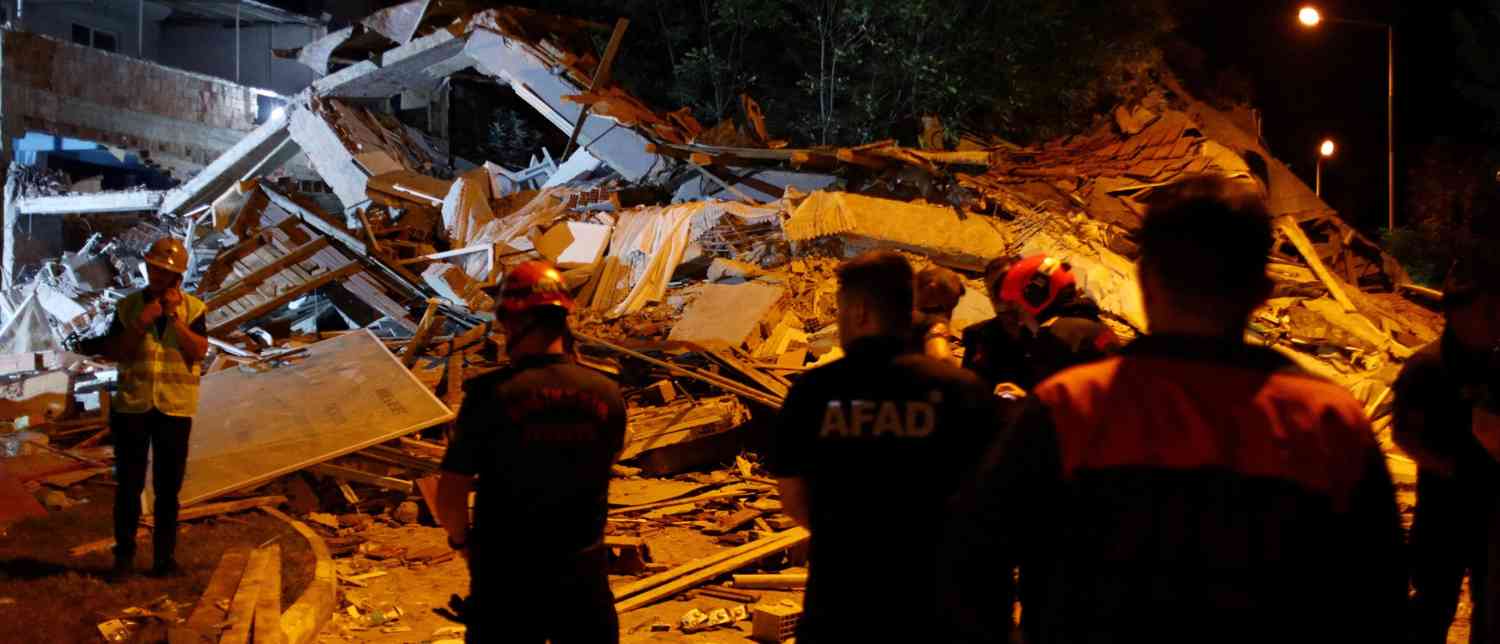On August 10, 2025, a strong earthquake measuring 6.1 on the Richter scale struck the northwestern region of Turkey, centered in the Sindirgi district of Balikesir province. This powerful tremor occurred at a shallow depth of about 10 to 11 kilometers (6.2 to 6.8 miles) below the surface, making it strongly felt across a wide area, including as far as Istanbul, Turkey’s largest city located about 200 kilometers (125 miles) away from the epicenter.
The earthquake caused considerable damage in the affected region. In Sindirgi and surrounding areas, at least 16 buildings collapsed, including homes and two mosque minarets. Rescue teams managed to save several people trapped under rubble, but sadly, one elderly person, aged 81, died after being pulled from the wreckage. Additionally, about 29 people were injured, many with minor injuries, and three of those rescued were hospitalized for treatment.

The tremor was followed by multiple aftershocks, the largest measuring 4.6 in magnitude, which raised concerns about further structural damage and safety. Disaster management authorities, including Turkey’s Disaster and Emergency Management Agency (AFAD), promptly urged residents not to enter any damaged buildings and conducted inspections in the worst-hit areas, as well as in major cities like Istanbul and nearby provinces. Fortunately, electricity and water services remained largely uninterrupted during the emergency response.
Turkey sits on several active fault lines, most notably the North Anatolian Fault and the East Anatolian Fault, making it prone to frequent and sometimes devastating earthquakes. This recent event adds to a history of seismic activity in the country, underscored by a particularly catastrophic earthquake in 2023 that measured 7.8 magnitude and resulted in over 53,000 deaths and widespread destruction in southern Turkey and northern Syria.
From a broader perspective, this earthquake highlights the ongoing challenge Turkey faces in managing natural disasters due to its geography. Building codes and emergency preparedness are critical components to reducing casualties and damage, especially in regions frequently affected by such tremors. Local officials and the federal government acted quickly in mobilizing search and rescue operations, reflecting an improved disaster response framework since previous incidents.

While the loss of life and injuries are deeply unfortunate, the rapid emergency response and public safety measures helped to prevent a larger catastrophe. The event serves as a reminder of the power of natural forces and the importance of community resilience, infrastructure safety, and disaster readiness in earthquake-prone areas.
In summary, the 6.1-magnitude earthquake in northwestern Turkey was a significant seismic event with tragic human costs and structural damage but was met with swift emergency action to assist those affected. Turkey’s vulnerability to earthquakes continues to be a pressing concern, emphasizing the need for ongoing vigilance and preparedness to protect its population in future incidents.
With inputs from agencies
Image Source: Multiple agencies
© Copyright 2025. All Rights Reserved. Powered by Vygr Media.

























